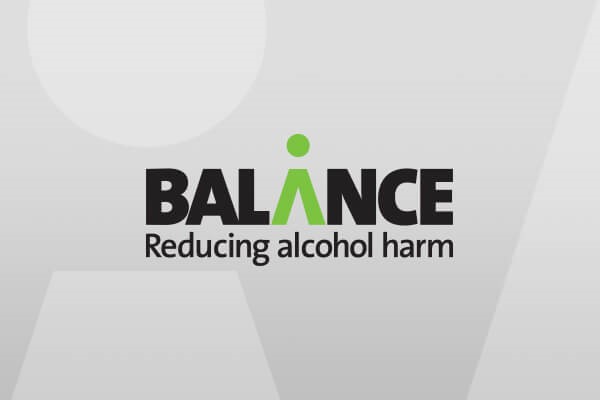Government urged to protect NHS from further cuts in alcohol prices
Calls by the alcohol industry to cut drink prices in this year’s Budget are bad news for the NHS, bad news for the economy and not wanted by the general public – according to Balance, the North East Alcohol Office.
The alcohol industry’s campaign for duty to be lowered follows on from last year’s Government decision to abolish the alcohol duty escalator, which saw the duty rate on all alcoholic drinks rise at a rate of 2% above inflation.
The scrapping of the duty escalator will cost the economy £1.5 billion over the next five years according to the Treasury.
This sum could fund the annual salaries of 9,571 A&E nurses , 5.7 million hospital bed days or over 1.3 million emergency ambulance call-outs – more than a quarter of the current annual total.
Alcohol currently puts significant pressures on frontline services, costing the wider UK economy over £21 billion a year – more than double the £10 billion revenue generated from alcohol taxes.
One million hospital admissions in the UK every year are related to alcohol with the North East continuing to have the highest admission rates in England . In the North East, alcohol is estimated to cost the NHS around £265 million per year and around 80% of that cost is spent on hospital and A&E treatment .
Balance is backing calls for the Government to bring back the alcohol duty escalator in this year’s budget and asking North Easterners to show their support by writing to their MPs.
The Alcohol Health Alliance (AHA) is urging political parties to stop listening to the industry and pledge their support for a range of recommendations so that alcohol duty makes a fairer contribution to reducing alcohol’s burden on society.
The call out comes as an open letter to Government – signed by Balance and other AHA members including Sir Ian Gilmore – is today published in The Times newspaper.
Colin Shevills, Director of Balance, said: “Enough alcohol is sold in the North East for every drinker to be consuming at or above the recommended male weekly limit, putting them at risk of a myriad of health conditions, including seven types of cancer.
“Cutting alcohol prices further will only lead to increased sales of alcohol, more harm for the people of the North East and extra pressure on our health services. Meanwhile, alcohol companies will be bringing in even bigger profits.
“Alcohol has a huge impact on our frontline services here in the North East. Politicians can help to lessen that strain and the toll on public health by supporting the measures that the AHA is proposing.
“The Government has given in to the industry before on the alcohol duty escalator and we’re calling on all political parties to make sure this doesn’t happen again. A recent survey found 77% of the UK public want duty to either stay the same or to be increased , so it’s time we listened to the public and not the industry.
“We need to see policies that address pricing taken seriously. Making alcohol more affordable is not the answer. On the contrary, we need the introduction of a minimum unit price at a level which will price cheap, strong alcohol out of the hands of children and heavy drinkers while not affecting those people who drink at moderate levels.”
To lend support the campaign against duty cuts on alcohol, North Easterners can contact local MPs via the website www.writetothem.com
The AHA’s three recommendations are:
- Reinstate the duty escalator
Alcohol sold in the UK is 61% more affordable than it was in 1980 . Since price drives consumption; duty levels should continue to increase year on year, above inflation and in line with disposable incomes.
- Increase duty on high strength cider
Cider is currently taxed at a much lower rate than beer. The alcohol duty rate on a litre of cider 7.5% ABV is 6p per unit of alcohol, compared to 23p per unit of alcohol for a litre of beer of the same strength. Additional tax bands should be added to the existing structure to allow higher strength ciders to be taxed at higher rates.
- Ensure spirits are taxed at a higher rate than wine and beer
In comparison to beer and wine, spirits are generally much cheaper to produce and distribute. The same rate of duty for all would mean that distilled spirits could be sold much more cheaply than wine or beer, which is a public health concern as they are much stronger and carry a greater risk of health and social harm.
The full AHA policy position on alcohol duty is available online at http://tinyurl.com/lgfuhor
